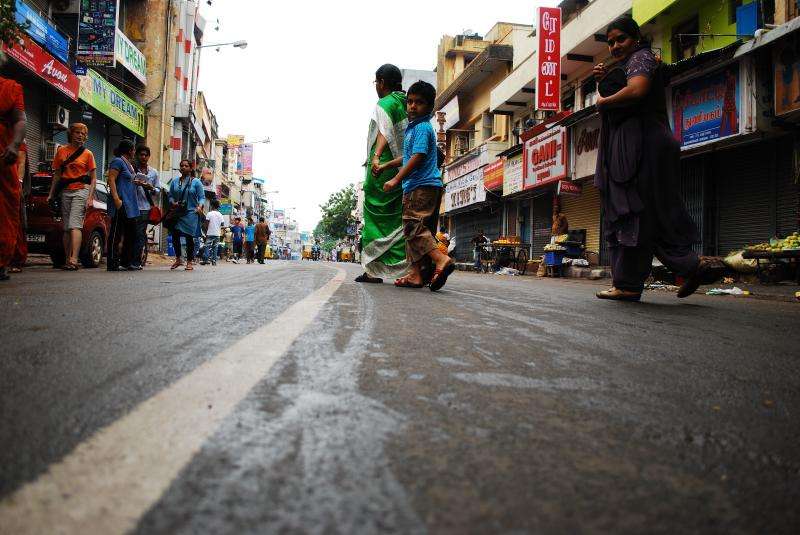Strengthening governance through open data

A research network is exploring how open data can help address specific challenges and bring about positive change in developing countries.
Governments hold a wealth of highly valuable data, including birth and death registries, financial records, public infrastructure inventories and much more. A growing open data movement has pushed for wider digital access to public data to increase government transparency, efficiency and accountability. It has also spurred business innovation in sectors such as public transport, infrastructure and health. A recent report by the McKinsey Global Institute pegged the potential global economic value of open data at $3 trillion.
However, little hard evidence exists to suggest how open data strategies can benefit vulnerable groups. A research network funded by Canada's International Development Research Centre is helping to fill this gap. Led by the World Wide Web Foundation, the Open Data Research Network is exploring the emerging impacts of open data in Africa, Asia and Latin America. Using case studies from 14 countries, including India, Indonesia, Nepal and the Philippines, researchers are examining how open data can help address specific challenges.
In Chennai, India, for example, researchers found that existing municipal data on the urban poor – on informal settlements, water and sanitation access, and public health – is unreliable. Without data on the number and location of public toilets, for instance, public sanitation investments were not reaching vulnerable communities. Working with researchers, local officials significantly improved their procurement processes by creating and connecting different open databases.
Another case study in India focused on the extractive energy sector, where a lack of publicly available data has hindered regulatory enforcement in the production of coal, oil and natural gas. The study mapped the landscape of India's energy sector. It identified barriers to accessing data and proposed ways in which more open data could help in many areas, from discouraging corruption to enforcing rules for environmental health and safety.
In the Philippines, researchers have looked at how business, media, civil society and other groups benefit from a national policy introduced in 2011 that requires local governments to disclose financial and procurement-related information on their websites. The project has identified where local governments can be more accountable: for example, by making citizens aware of online public data sources and how they can make use of them.
Through the Open Data Research Network, 17 research teams across three continents are fine-tuning and standardising data collection methods to assess whether and how open data is bringing about change in developing countries. A July 2014 report highlights how developing countries can more fully benefit from and build on their existing policy and practice to develop open data strategies tailored to local contexts.
Provided by Open Data Research Network

















